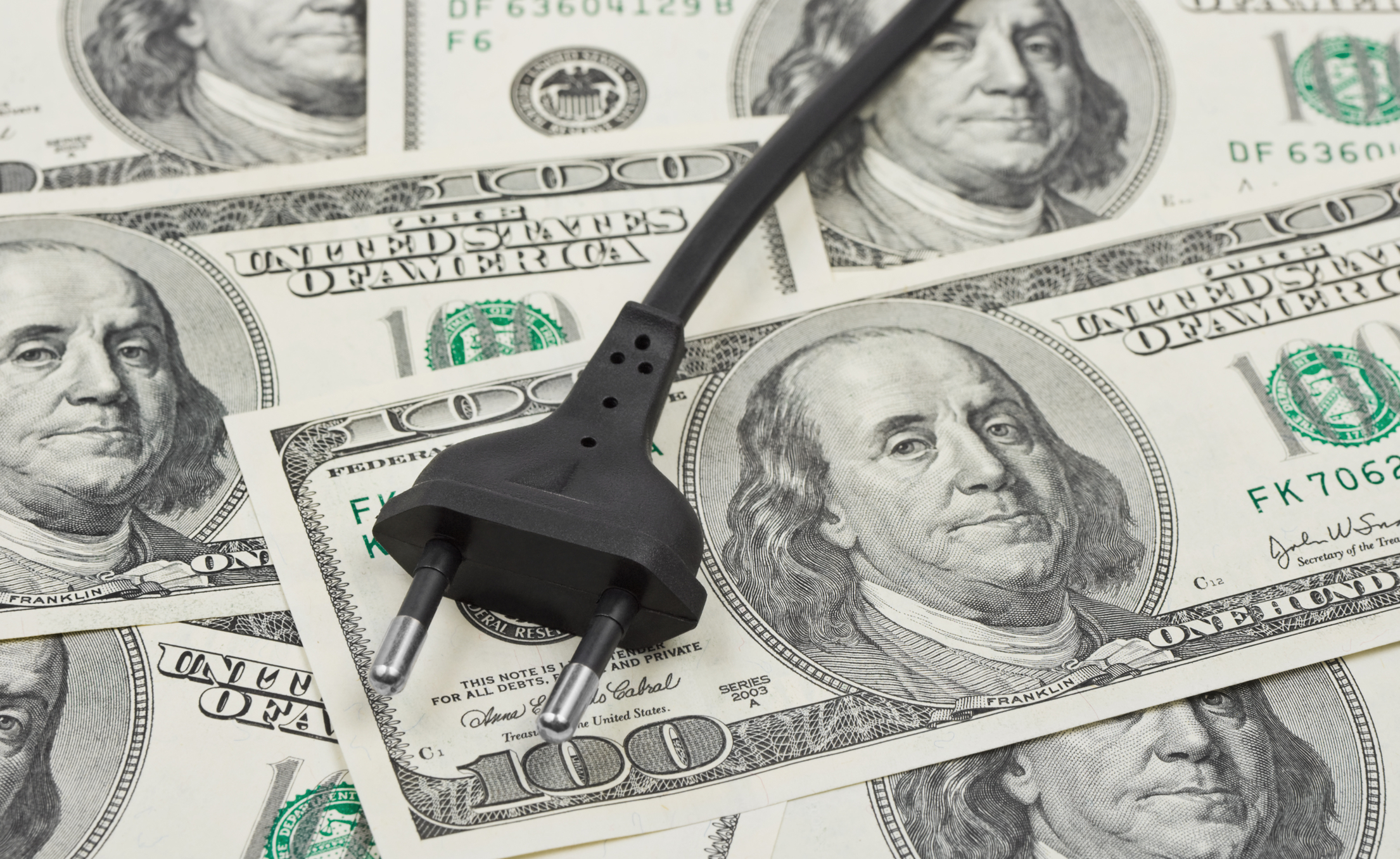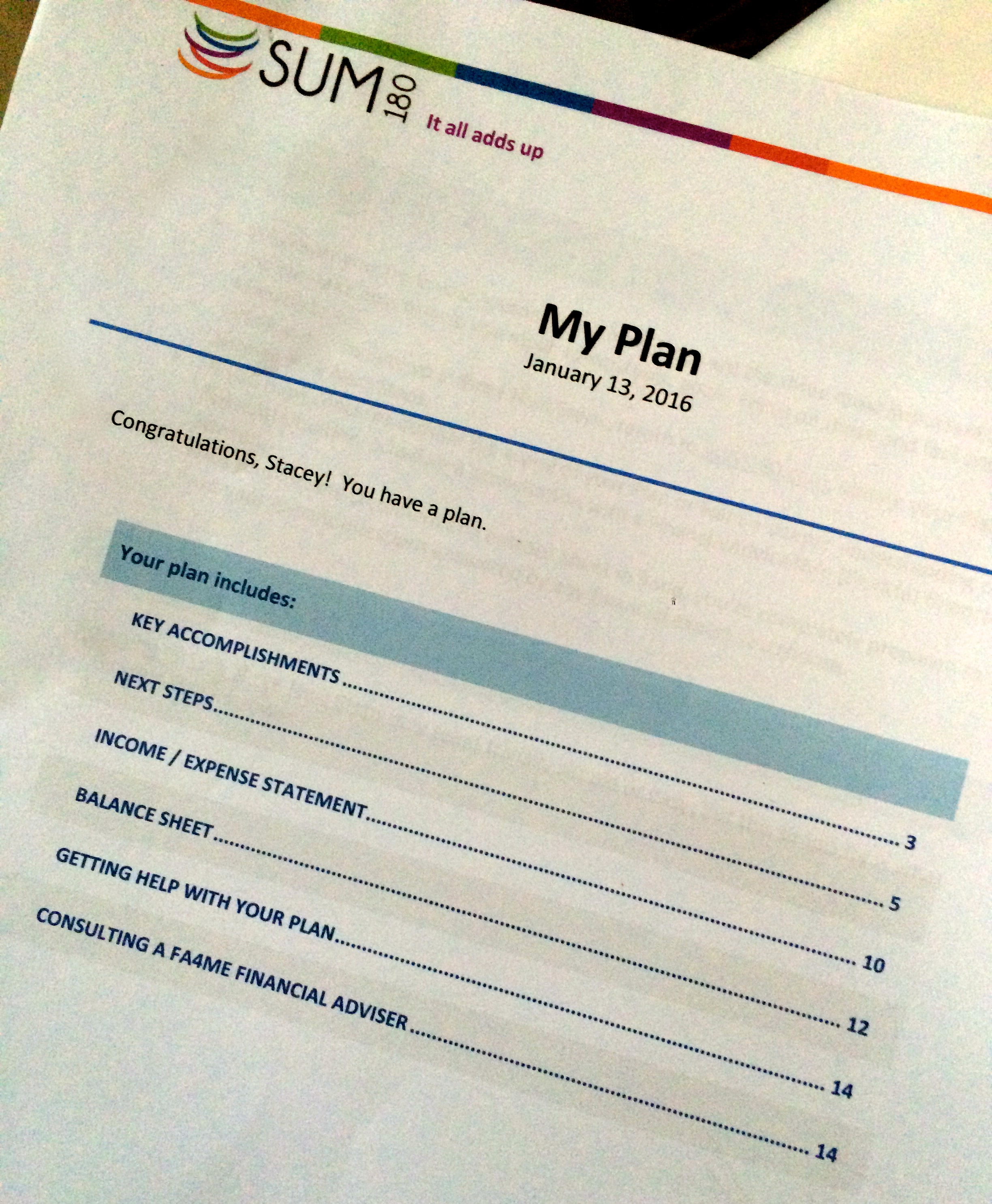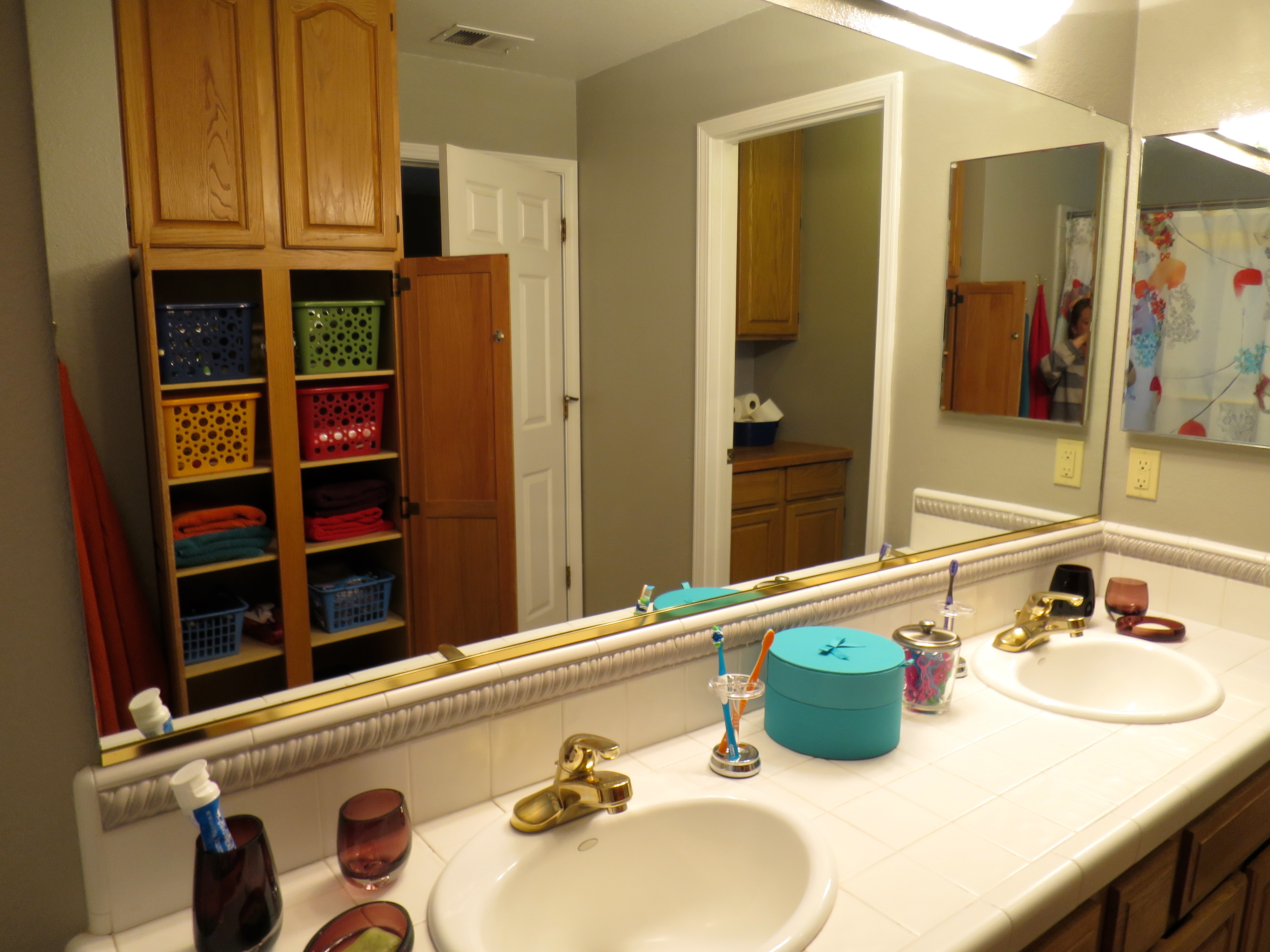Just the thought of the word budget makes most people shudder and groan. Many people equate the word budget with diet – it immediately elicits pictures of deprivation. As distasteful as the word budget is – it really is a powerful tool that helps you garner control of your money.What does a budget do for you? Well to start off, it will help you realize those financial goals that you set for yourself last week. A budget is just a road map that is going to help you get to where you want to be. You would not build a house without a blueprint or travel across the country without a map. If you really want to achieve your financial goals you need to give yourself a plan – a workable budget.
Workable is a key word here. I think that a simple budget is the best way to go. For me, when I have gotten really elaborate – I like numbers, so it is easy for me to get carried away – I don’t have the time in my life to maintain it.First you need to determine your fixed expenses, and then you can allot money to your discretionary expenses. Your fixed expenses are whatever needs to be paid every month. That would be your mortgage, rent, utilities, insurance, loan payments, etc. Oh, and of course taxes! We use a number of different tax calculators and estimators to handle that inevitable task. And then there is what is considered discretionary. In reality we clump a lot of what truly is discretionary into fixed. There are monthly expenses that some people would never think of going without. If that works within your budget that is fine. You need to prioritize all of the discretionary expenses.Track your discretionary spending for a couple of months – go back through your statements and look at where you are really spending your money. Most people spend a lot more on activities like dining out, and incidentals like coffee then they ever realize.
Now look back over your goals. If you have enough income to cover everything – Yea! If you see yourself coming up short, you will need to go back to your prioritized list and make some choices. When you know what you will be gaining, it makes it a little bit easier to give something up. That is exactly why we looked at financial goals first!
Looking back at your goals, remember how important it is to pay off any debt. Debt costs you money in the form of all the extra interest you are paying. Credit card debt is a killer! It may be worth your while to figure out what the best balance transfer cards are as you might be able to secure a better more favorable interest rate. You also need to have an emergency savings account set up. This should be enough to cover 6 – 8 months of expenses should you find yourself unable to work for any reason.
There are three basic ways to record your budget:
The first way is the good old paper and pencil method. When I first got married (the first time) I bought a budget ledger at the office supply store. I used the ledger to record income and spending. They still sell ledgers in office supply stores. If you do not want to purchase one, you can print out ta budget template here: Family Budget Worksheet Month
The second method is to use an online budget template that calculates some of the math for you. I like the Google document titled Household Budget Worksheet By Chris Snelling. You can edit the expense fields, so it is easy to customize for your financial goals. You can search google docs for other versions as well.
The third method is to use an online budget service like Mint.com. Mint.com is a free web-based service that organizes and categorizes all of your spending. To use this service you need to link your Mint.com account to your bank accounts. It is safe and secure and helps you track spending and measure your progress towards your goals.
It does not matter how you record your budget. The key is that you put down in writing your income and expenses. Be true to yourself and examine where your money is being spent. Look over your financial goals, and make a commitment to working towards those goals. Following a budget gives you control over your finances, decreases stress, and allows for the building of wealth. What’s not to like about that?











[…] habit of tracking my net worth (no matter the numbers), planning for retirement, and revamping a budget, are practices that I continue to habituate still to this day. Since I went through a divorce I […]